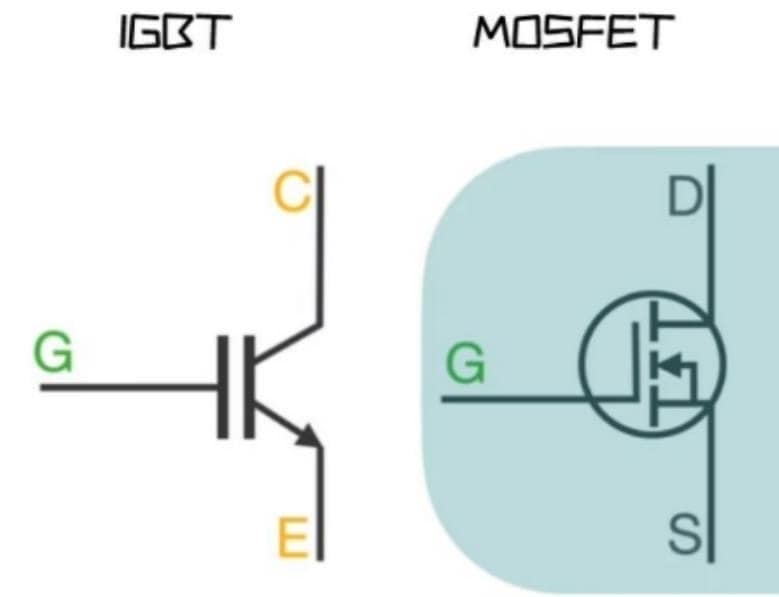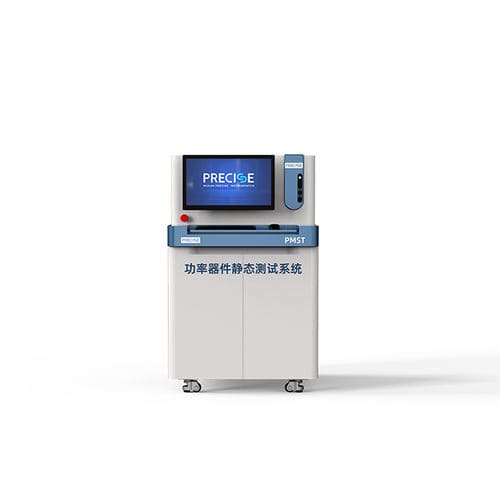
#Industry News
Basic Knowledge of IGBT
IGBT Static Parameters
The static parameters of the IGBT mainly refer to the relevant parameters that are inherent in the IGBT itself and have nothing to do with its working conditions. Only when there is no problem with the static parameters of the IGBT can the dynamic parameters (switching time, switching loss, reverse recovery of the freewheeling diode), power cycle , HTRB reliability is tested.
Next, let's take a look at the meaning of the indicators of these ten parameters:
1. Collector-emitter voltage VCES
Under the condition of gate-emitter short circuit, the maximum voltage that can be withstand between collector and emitter
2. Collector-emitter saturation voltage VCEsat
Under the specified gate voltage and collector current, the voltage between collector and emitter
3. Gate-emitter threshold voltage VGE
When the gate current is the specified value, the gate-emitter voltage
4. Gate threshold voltage VGE (th)
The gate-emitter voltage at which the collector current is at a specified low or absolute value, used to measure the IGBT gate turn-on threshold
5. Collector-emitter cut-off current ICES
The current flowing through the collector at a specified collector-emitter voltage and gate-emitter short circuit
6. Gate-emitter leakage current IGES
The current flowing through the gate at a specified gate-emitter voltage and collector-emitter short circuit
7. Gate resistance rg
Gate Internal Series Resistance
8. Output capacitance Coes
Parasitic capacitance measured between collector and emitter with gate-emitter short circuit
9. Input capacitance Cies
Parasitic capacitance between gate and emitter
10. Reverse transmission capacitance Cres
Capacitance between collector terminal and gate terminal
The items of IGBT static parameter test are numerous and complicated, and different parameters have different test methods.





